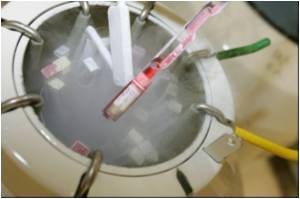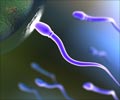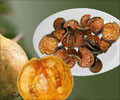
"If oxidative stress is an underlying factor causing infertility, which we think the evidence points to, we should be able to do something about it," said Hagen, the Jamieson Chair of Healthspan Research in the Linus Pauling Institute.
"This might help prevent other critical health problems as well, at an early stage when nutritional therapies often work best," he added.
The results from early research have been equivocal, Hagen said, but that may be because they were too small or did not focus on antioxidants. Laboratory and in-vitro studies have been very promising, especially with some newer antioxidants such as lipoic acid that have received much less attention.
"The jury is still out on this," Hagen said.
"But the problem is huge, and the data from laboratory studies is very robust, it all fits. There is evidence this might work, and the potential benefits could be enormous," added Hagen.
If new approaches were developed successfully, the researchers said, they might help treat erectile dysfunction in men, egg implantation and endometriosis in women, and reduce the often serious and sometimes fatal condition of pre-eclampsia in pregnancy. The quality and health of semen and eggs might be improved.
The study has been published online in the journal Pharmacological Research.
Source-ANI















